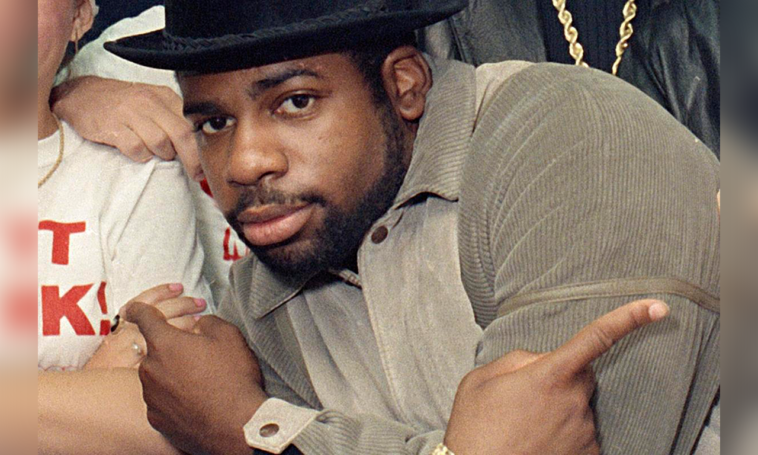This Tuesday, a Brooklyn judge ruled that Karl Jordan Jr.’s rap lyrics cannot be used in his trial for killing Jam Master Jay. Brooklyn Federal Judge LaShann DeArcy Hall barred Jordan’s rap lyrics, which referenced violence and drug selling, from evidence, citing hip-hop’s significance as “a platform for expression to many who had largely been voiceless.”
In a 14-page judgment, Judge Hall examined hip-hop’s evolution and portrayed rappers as community storytellers who share their experiences. Despite prosecutors’ attempts to link Jordan’s lyrics to Jam Master Jay’s murder, the judge said they were generic references to violence prevalent in many rap songs.
“From the genre’s nascence as an oral tradition, rap artists have played the part of storytellers, providing a lens into their lives and those in their communities.” LaShann DeArcy Hall, Judge
“The Court cannot help but note that odious themes – including racism, misogyny, and homophobia – can be found in a wide swath of genres other than rap music,” Judge Hall told the Rolling Stones and Jason Aldean.
The ruling follows discussions over rap lyrics in criminal prosecutions. In a different RICO trial, a judge let prosecutors to use rap lyrics against rapper Young Thug, stirring debate about artistic expression and criminal intent.
Jam Master Jay’s alleged assassins, Karl Jordan Jr. and Ronald Washington, will go on trial. Prosecutors want to show the defendants killed Run-DMC’s star over a 2002 cocaine deal.
A cocaine agreement between Washington and Jordan and Jay’s perceived exclusion from the distribution network led to the murder.
The night of October 30, 2002, Washington and Jordan allegedly arrived at Jay’s studio ready to fight. Washington allegedly brandished a gun, and Jordan allegedly shot Jam Master Jay in the head. In 2020, Jordan Jr. and Washington were caught, solving the case after nearly a decade. A 2023 defendant will be tried individually.
Rap lyrics admissibility complicates the trial. This verdict raises problems about hip-hop’s legal and artistic boundaries beyond the courtroom.
Judge Hall’s finding highlights the dispute over rap lyrics in criminal prosecutions. Hip-hop has historically provided underrepresented people a voice, thus the decision respects its distinctive cultural and creative function. While the judicial system debates admissibility, this verdict raises concerns about hip-hop’s artistic freedom and right to expression.
Prosecutors tried to link Karl Jordan Jr.’s rap lyrics to violence and drug use. However, Judge Hall’s distinction between generic references to violence in rap songs and particular criminal intent shows the difficulties of understanding artistic expression in law. Rap lyrics were previously admissible in RICO trials, but this ruling shows the changing legal landscape.
The trial for Jam Master Jay’s suspected murders has attracted attention for its historical relevance and potential precedent on using artistic content as evidence. The decision supports a larger push to stop categorizing rap lyrics as criminal, understanding that themes of violence do not necessarily lead to criminal behavior.
As the trial unfolds, legal experts, artists, and campaigners watch how this verdict may affect future artistic expression-criminal investigation situations. It also highlights legislative measures, such as New York’s State Senate’s bill to prohibit rap lyrics in criminal trials.
The trial highlights hip-hop’s lasting impact and Jam Master Jay’s murder. Beyond the courtroom, this case raises questions about the challenges of artistic expression within the law, especially in a genre that has empowered disadvantaged voices.




Join the Community and Be a Part of the Conversation
You must be logged in or registered to post a comment.